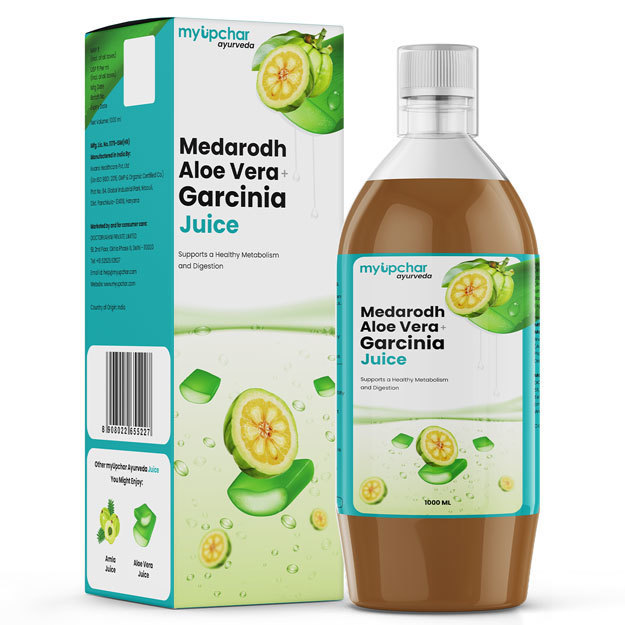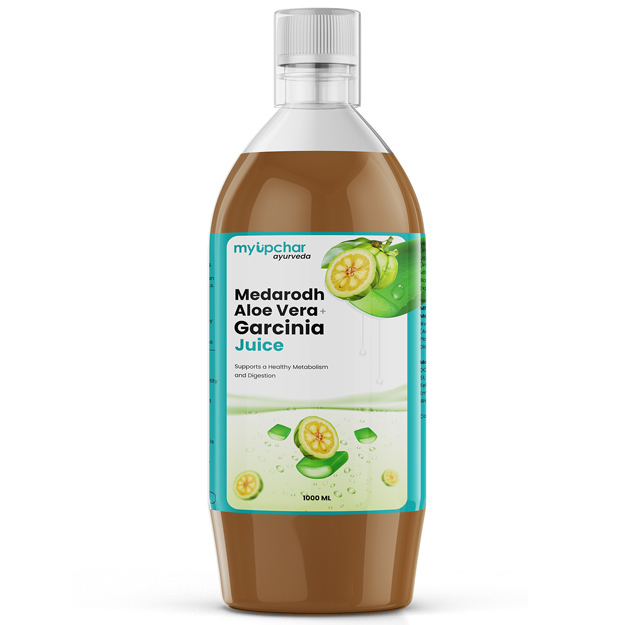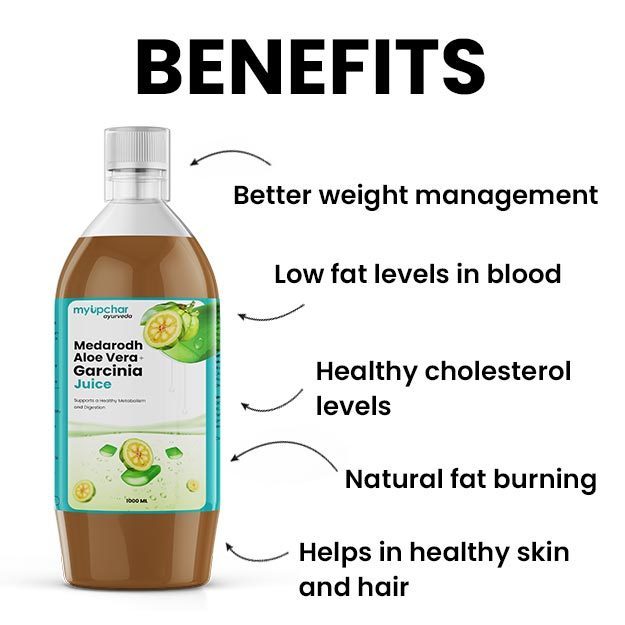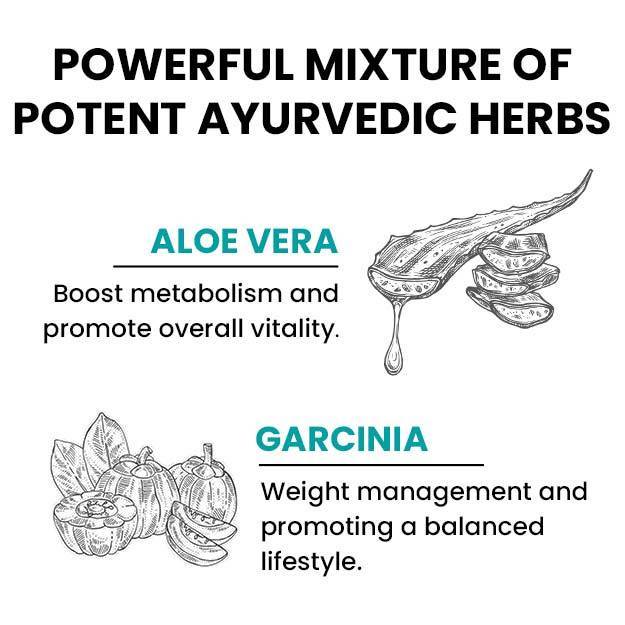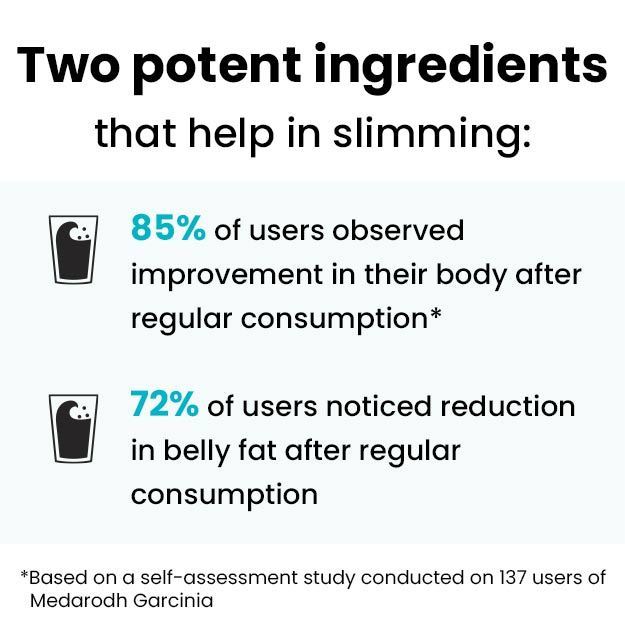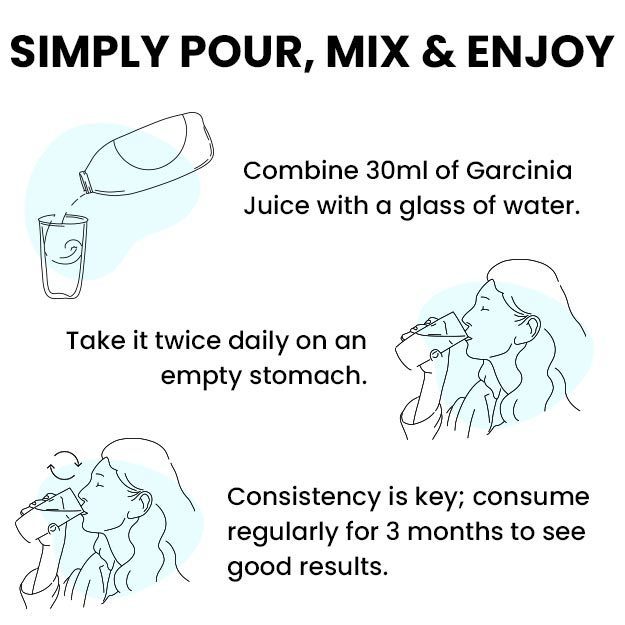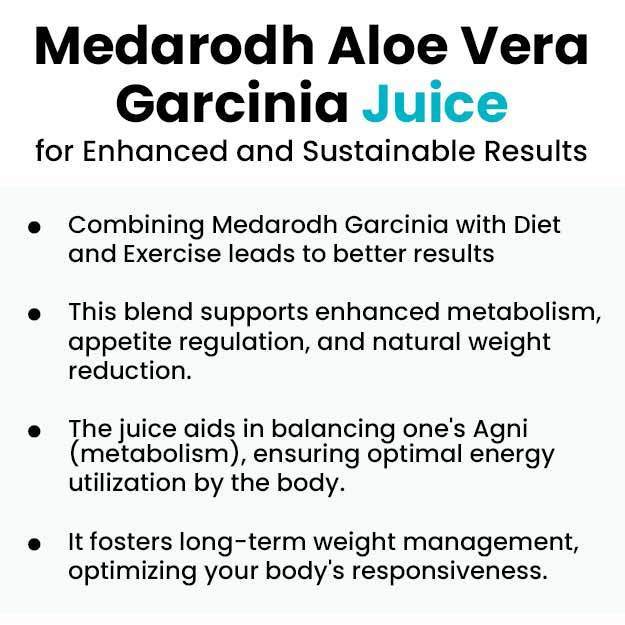Proteins are the building blocks of the body and are required by every living cell. Protein is a macronutrient and is required in a fairly high amount in our diet to sustain and perform daily activities. In a balanced diet, proteins must constitute 15-35% of the total calories.
Proteins are primarily composed of amino acids and provide energy to the cells. Each gram of protein contains 4 calories. Proteins are mainly composed of two types of amino acids, that is, essential (which cannot be synthesised by the body, and are required to be consumed from dietary sources) and non-essential amino acids (which can be synthesised by the body from food). Out of 20 amino acids, 9 are considered to be essential and must be taken in the diet.
While proteins are required by every individual, they are required in a higher amount during growing stages of life, that is during teenage and childhood, to facilitate proper growth and development. Other than this, protein is involved in the repair and formation of new cells. It is also very essential for the utmost health of your skin, hair, bones, nails, body cells, muscles, organs and is a component of body fluids.
Read on to learn the benefits and functions of proteins, along with their food sources, dosage and side effects.
- Sources of protein
- Health benefits of proteins
- Protein-rich recipe for vegetarians
- Side effects of proteins
Sources of protein
Proteins are present in high amounts in various food products, particularly those derived from animal sources. Including some of the following foods in your diet will help you meet your daily protein requirement. Other than this, protein powder, protein shakes and protein supplements are also available, but, it is best to derive nutrition from natural sources. This will help in avoiding the side effects of supplements and artificial products. Here are some of the dietary protein sources:
- Eggs
- Milk and milk products like different types of cheese, cottage cheese, yoghurt, dahi
- Lean meat
- Lean pork
- Turkey
- Chicken with skin removed
- Fishes like salmon and tuna
- Shellfish
- Nuts like almonds, hazelnuts, peanuts, mixed nuts, walnuts
- Sunflower seeds
- Almond milk or soy milk
- Tofu
- Peanut butter
- Whole grains like quinoa
- Lentils
- Kidney beans, black beans, rajma, split peas, sprouts
- Chickpeas, black-eyed peas
So, you can take sufficient proteins in your diet if you are a vegetarian, non-vegetarian or even a vegan.
Read more: Vegan diet
Health benefits of proteins
Proteins are essential for the growth and maintenance of body cells and for providing you with enough energy for daily activities. But, they also perform some other important functions, which will be discussed in this section:
- For the skin: Proteins are essential for maintaining the strength and elasticity of the skin and have a significant role in the prevention of facial wrinkles. Collagen, which is a structural protein, assists in the healing of wounds and has is useful in the management of pressure sores, diabetic ulcers, burn wounds, abrasion and even cellulite.
- For the hair: Proteins are important for maintaining the structure of the hair. A deficiency of proteins causes structural changes in the collagen leading to hair fall and thinning of hair.
- For children: Proteins help in proper growth and development of the body and are thus must be included in the diet of children to reduce the risk of childhood infections, illnesses and poor development of bones.
- For weight loss: Proteins improve the muscle mass of the body and help in reducing the abundance of fats thereby promoting fat loss. This is why proteins are also important for athletes.
- For the brain and the heart: Proteins are important for the formation of neurotransmitters and are thus important for optimal brain functioning. Proteins have also been found to reduce the risk of cardiovascular disorders, particularly in women.
Proteins for the skin
Collagen is the main structural protein present in the extracellular matrix and connective tissue. Collagen is the most abundant protein in our body and is a major component of the skin. It helps in maintaining skin elasticity and strength, which is likely to reduce the effects of ageing on the skin. It also helps in restoring skin moisture, which can help in achieving positive effects for individuals with dry skin.
In a study involving a group of women receiving collagen supplement, significant improvement in skin elasticity was observed, when compared with the group receiving a placebo treatment (inert substance given having no treatment value). It also helped in restoring skin's moisture.
Read more: How to get smooth and soft skin
Another research conducted to determine the effects of collagen supplementation, particularly on ageing skin revealed that an oral intake of these agents was likely to reduce the visibility of skin wrinkles by having an effect on the synthesis of dermal matrix. So, it is a good idea to enhance the protein content of your diet as it will help in guarding your skin.
Other than this, collagen has also found to have an important role in the process of wound healing in all stages. Type 3 collagen is produced in the most initial stages of wound healing. Its use has also been indicated for the management of different types of injuries like superficial injuries, pressure sores (wound formed due to prolonged bed rest), diabetic ulcers (open wound developing on the foot of diabetics), burn wounds, abrasions (injury caused due to scraping or rubbing of the skin). These indications stress on the healing properties of collagen. So, it is often a common constituent of skin creams, lotions and other over-the-counter products.
Collagen is also known to reduce and improve the appearance of cellulite in women. Researchers have suggested positive effects with long-term oral use. It is recommended to enhance your dietary intake of proteins to aid in the formation and maintenance of collagen protein. Over-the-counter creams and products can also be used. However, it is highly recommended to not take collagen supplements unless prescribed by your physician.
Read more: Skincare routine for a flawless skin
Protein benefits for hair
Keratin is a fibrous protein and the main constituent of hair, nails and other tissues. Our hair is comprised of 99% keratin, which has exceptional mechanical properties and protective strength. Proteins and amino acids help in maintaining the structure of keratin. So, it is essential to consume enough protein-rich foods for its maintenance.
A deficiency of protein often leads to changes in the structure of hair, due to structural changes in keratin. This deficiency is invariably associated with hair fall, hair loss and thinning of hair. Limited dietary consumption of protein-rich foods, particularly those containing essential amino acids is likely to cause their deficiency.
Amino acids perform specific functions for your hair. Sulfur-containing amino acids like L-methionine aid in hair strength by enhancing the levels of sulfur in the hair shaft. It has been acknowledged that sulfur is essential for hair growth and also affects the general appearance of your hair. Its deficiency is known to cause hair loss in individuals. A study conducted on men demonstrated that male pattern baldness (the most common type of alopecia in men) occurs due to a diet rich in foods inhibiting the absorption of amino acids by the body, causing its deficiency.
Since a deficiency of amino acids and proteins is suggestive of hair loss, it is recommended to include more dietary proteins in your daily routine. However, you need to be wary of your dietary sources, since certain sources (rich in L-Lysine) may reduce the absorption of the amino acids essential for your hair. Some of the sources of L-Lysine are red meats, which are harmful to your general health as well.
Read more: Brahmi benefits
Proteins for children
Proteins being the building blocks are the most essential nutrients in children. They aid in the proper growth and development of the child and are essential for the health of their bones and muscles. It is essential to maintain adequate levels of dietary proteins in children to lay a strong foundation. Protein deficiency during the early stages of life is very hazardous and may cause protein-energy malnutrition in children. It is likely to cause severe malnutrition in them, which can lead to serious disorders like kwashiorkor and marasmus. These children are often severely underweight and may have stunted or retarded growth along with wasting (very less body weight in proportion to height). Their bone structure may also be affected, presenting with softer bones, increasing the risk of fractures and malformations.
Read more: Vitamin D for bones
Due to the prevalence of malnutrition and poverty, these disorders are quite common in India and can be managed with adequate dietary consumption of proteins. Children with protein deficiency are also more prone to severe childhood infections and illnesses, which may affect their survival. Anemia is also common among these children since protein is involved in the synthesis of hemoglobin.
To avoid this, sufficient protein intake must be ensured in children as per the dosages recommended for their age. Breastmilk is a good source of protein for infants and is highly recommended for them. Solid foods rich in protein are recommended when the child starts eating at about 6 months of age.
13 grams of protein is indicated for children aged 1 to 3. You may also note that additional protein requirement is indicated for vegetarian and underweight children. You are recommended to pay a visit to a doctor to ensure the best nutrition for your child.
(Read more: Teething age in babies)
Protein for weight loss
A balanced diet must contain 10-35% of proteins to meet daily energy requirements. Proteins provide 15% of energy and are major constituents of muscles. Protein-rich diets meet the nutritional and energy requirements of the body while increasing the muscular mass and replacing the unwanted fats. A high protein and low carbohydrate diet is associated with greater effects of weight loss, functioning as appetite suppressants. It enabled an improved speed in the initial process of weight loss but did not guarantee any long-term effects if no changes in the number of calories were made.
Read more: Weight loss diet chart
If you are tired of dieting and exercising and are not able to lose weight, then use myUpchar Ayurveda Medarodh Fat Burner Capsule, it has no side effects, order it today and avail the benefits.
While an exceedingly high protein diet has certain health risks, it is safe to include a source of lean protein, low-fat in your diet. This along with a lower caloric intake will enable weight loss and will also help to meet your major energy needs. Experts, however suggest that you don't make any major changes in your diet or take a very high protein diet since it can have side effects. You must consult your physician or dietician to seek the best nutritional advise, as per your health status.
Proteins for the brain
Proteins are essential for the formation of various neurotransmitters, which perform several functions in the brain. These neurotransmitters are made of amino acids and other than improving brain functions help in facilitating the functioning of vital organs, like the heart, liver, etc.
Tryptophan is the most essential amino acid required for optimal brain function and its deficiency is known to disrupt normal behaviour. Tryptophan is also essential for cognitive functioning (memory and analytical skills) of the brain, so higher levels may be required with advancing age. While the recommended dosages for various age groups are not completely known, it is definitely a good idea to increase the dietary intake of proteins to improve brain function.
Read more: Dementia symptoms
Protein benefits for the heart
In addition to aiding in weight loss, high protein diets have also been found to be preventive of cardiac disorders. In a study involving 8000 women, it was observed that women consuming a high protein diet were at a 30% lesser risk of developing cardiovascular disorders as compared to those on a high carbohydrate diet. This observation was constant when the consumed protein was derived from plant-based sources.
Lower blood pressure and reduction in low-density lipoprotein or bad cholesterol are also associated with this diet.
So, it can be said that proteins as a dietary constituent are mainly cardioprotective, but you must avoid consuming animal foods, particularly red meats.
Read more: Treatment of high blood pressure
Proteins for athletes
Since proteins are essential for muscle growth and function, they are required in higher quantities in athletes and bodybuilders and are even known to improve athletic performance. Athletes and coaches often tend to increase their dietary intake to meet these demands. Research evidence has demonstrated that protein supplementation improves training sessions and also leads to better muscle gains. Dietary intake is known to enhance the levels of proteins available to the muscles and it also prevents the loss of lean muscles. So, individuals with high levels of physical activity are advised to increase their protein intake after consulting with their physician and trainer (depending on the level of training).
Read more: How much activity do I need per week
Protein-rich recipe for vegetarians
Since proteins from plant-based sources are more beneficial as compared to animal-based protein sources, it is a good idea to stick to the former.
Let’s share a recipe that will ensure that you get all the essential amino acids in your diet despite its vegetarian source.
Take the following ingredients in a bowl:
- 1 bowl of quinoa or oats
- 1 bowl of lentils (any dal you like)
- 1 cup of mixed peas and sweetcorn (frozen or fresh)
- Some sunflower seeds, if available (you can also opt for some nuts)
- 1 small onion
- A few green olives
- A few leaves of coriander for garnish and colour
Just mix these ingredients in a bowl, add olive oil as a dressing and salt to taste. Enjoy your bowl of proteins.
Side effects of proteins
While proteins from plant sources rarely have any side effects, they lack in one or more essential amino acids, which is why an animal-based diet is preferred. Non vegetarian diets are packed with all the essential amino acids and offer no harm if lean and low-fat variants are opted for. But, high-fat variants, particularly red meats may increase the risk of:
- Coronary heart disease
- Type 2 diabetes
- Various cardiovascular disorders like heart attacks
- Certain types of cancers
Some side effects of a high protein diet are:
- Halitosis (foul smell from the mouth)
- Headache
- Constipation
- Bloating
- Stomach cramps
- Impairment of kidney function
Artificial sources of proteins in the form of supplements may cause allergic reactions in some individuals.
Find Nutritionist in cities
Doctors for Protein: Foods, Benefits, Uses and Side effects

Dr. Dhanamjaya D
Nutritionist
16 Years of Experience

Dt. Surbhi Upadhyay
Nutritionist
3 Years of Experience

Dt. Manjari Purwar
Nutritionist
11 Years of Experience

Dt. Akanksha Mishra
Nutritionist
8 Years of Experience
References
- MedlinePlus Medical Encyclopedia: US National Library of Medicine; Protein in diet
- United States Department of Agriculture Agricultural Research Service. Eat fish! Which Fish? That Fish! Go Fish!. National Nutrient Database for Standard Reference Legacy Release [Internet]
- United States Department of Agriculture Agricultural Research Service. LOOK FOR LEAN PROTEIN FOODS . National Nutrient Database for Standard Reference Legacy Release [Internet]
- Office on Women's Health [Internet] U.S. Department of Health and Human Services; Proteins.
- Lodish H, Berk A, Zipursky SL, et al. Molecular Cell Biology. 4th edition. New York: W. H. Freeman; 2000. Section 22.3, Collagen: The Fibrous Proteins of the Matrix.
- Proksch E et al. Oral Supplementation of Specific Collagen Peptides Has Beneficial Effects on Human Skin Physiology: A Double-Blind, Placebo-Controlled Study. Skin Pharmacol Physiol 2014;27:47-55
- Proksch E et al. Oral intake of specific bioactive collagen peptides reduces skin wrinkles and increases dermal matrix synthesis.. Skin Pharmacol Physiol. 2014;27(3):113-9. PMID: 24401291
- Gay S, Vijanto J, Raekallio J, Penttinen R. Collagen types in early phases of wound healing in children. Acta Chir Scand. 1978;144(4):205-11. PMID: 360747
- G. Lazovic, M. Colic, M. Grubor, M. Jovanovic. The Application of Collagen Sheet in Open Wound Healing. Ann Burns Fire Disasters. 2005 Sep 30; 18(3): 151–156. PMID: 21990998
- Agency for Healthcare Research and Quality. Skin Substitutes for Treating Chronic Wounds. U.S. Department of Health and Human Services, Rockville [Internet]
- Maria Fernanda Reis Gavazzoni Dias et al. Hair Cosmetics: An Overview.Int J Trichology. 2015 Jan-Mar; 7(1): 2–15. PMID: 25878443
- Ronald L Rizer et al. A Marine Protein-based Dietary Supplement for Subclinical Hair Thinning/Loss: Results of a Multisite, Double-blind, Placebo-controlled Clinical Trial. Int J Trichology. 2015 Oct-Dec; 7(4): 156–166. PMID: 26903744
- Emily L. Guo, Rajani Katta. Diet and hair loss: effects of nutrient deficiency and supplement use. Dermatol Pract Concept. 2017 Jan; 7(1): 1–10. PMID: 28243487
- Dechenla Tshering Bhutia. Protein Energy Malnutrition in India: The Plight of Our Under Five Children. J Family Med Prim Care. 2014 Jan-Mar; 3(1): 63–67. PMID: 24791240
- Olaf Müller, Michael Krawinkel. Malnutrition and health in developing countries. CMAJ. 2005 Aug 2; 173(3): 279–286. PMID: 16076825
- Richard D. Semba et al. The rise and fall of protein malnutrition in global health. Ann Nutr Metab. 2016; 69(2): 79–88. PMID: 27576545
- National Institute of General Medical Sciences. The Structures of Life. [Internet]
- Institute of Medicine (US) Committee on Military Nutrition Research. The Role of Protein and Amino Acids in Sustaining and Enhancing Performance. Washington (DC): National Academies Press (US); 1999. 14, Amino Acid and Protein Requirements: Cognitive Performance, Stress, and Brain Function.
- Health Harvard Publishing. Harvard Medical School [Internet]. Protein. Harvard University, Cambridge, Massachusetts.
- Jay R. Hoffman, Michael J. Falvo. Protein – Which is Best? J Sports Sci Med. 2004 Sep; 3(3): 118–130. PMID: 24482589
- Bernstein AM et al. Major dietary protein sources and risk of coronary heart disease in women. Circulation. 2010 Aug 31;122(9):876-83. PMID: 20713902
- Aune D, Ursin G, Veierød MB. Meat consumption and the risk of type 2 diabetes: a systematic review and meta-analysis of cohort studies. Diabetologia. 2009 Nov;52(11):2277-87. PMID: 19662376
- Pan A et al. Red meat consumption and mortality: results from 2 prospective cohort studies. Arch Intern Med. 2012 Apr 9;172(7):555-63. PMID: 22412075





